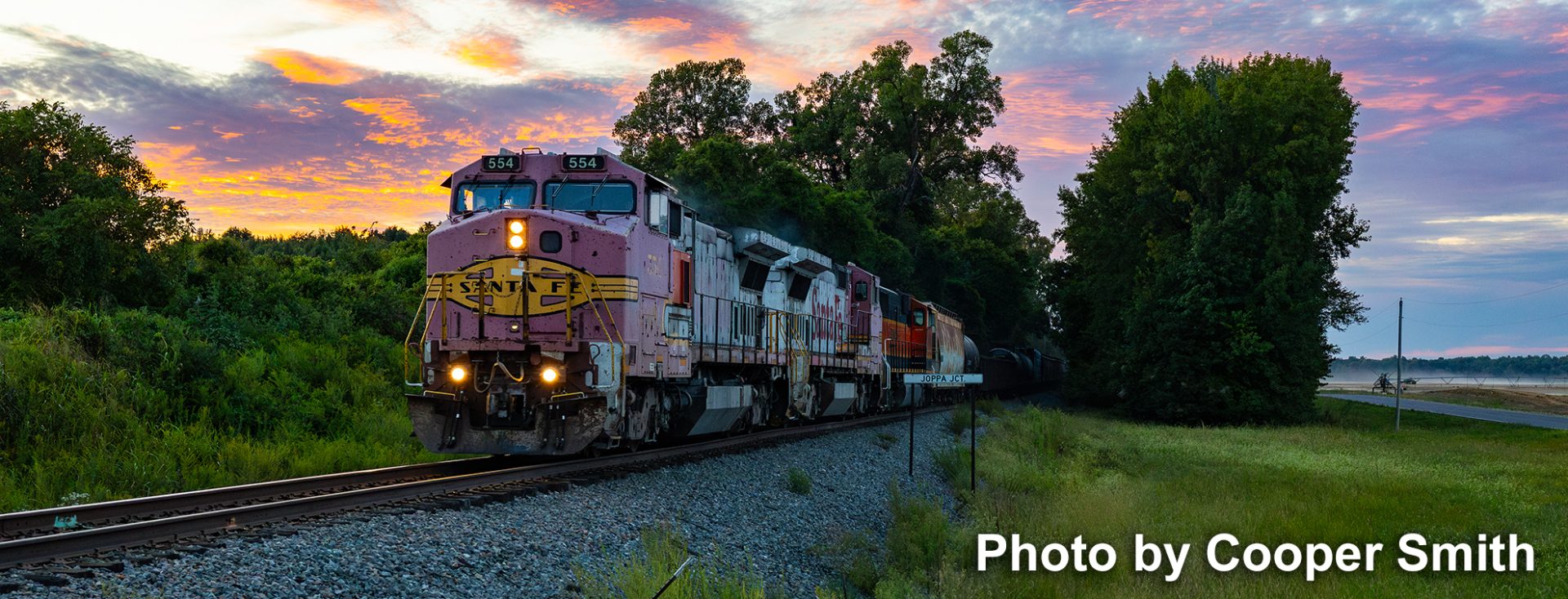
Working on the railroad has always been dangerous work. In years past few conventional insurance underwriters would consider policies for railroaders. Whether switchmen in the yards dodging rolling equipment, or brakemen jumping from boxcar to boxcar tying down hand brakes, many a railroader never came home at the end of the day, leaving a trail of mourning widows.
A sobering example of the dangers of railroading is this B&O SD40 with a cabful of lumber. On June 15, 1979, at Bremen, Ind., a load of lumber on a westbound train shifted and slid into the cab of No. 7598, running backward as the trailing unit on an eastbound. A brakeman riding the diesel’s cab sustained minor injuries — and no doubt paid special attention the next time he passed another train.
Many safety improvements have occurred over the years, with the invention the Westinghouse air brake and the Janney coupler being prime examples. In the years before and since the accident above, lumber transport by rail too has changed. In the very early days boxcars were used for transport of lumber products, a manual and cumbersome process. Today the modern center-beam cars have replaced open flat cars for lumber and other shipments such as dry-wall and plywood.
Submitted by Gary O. Ostlund.
